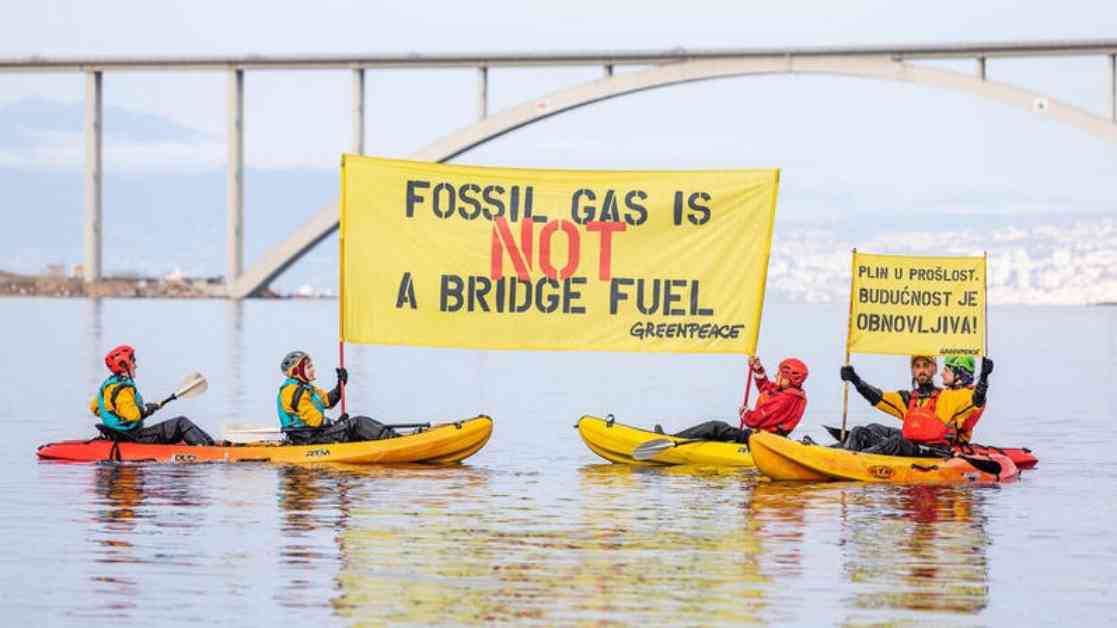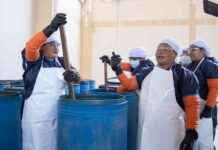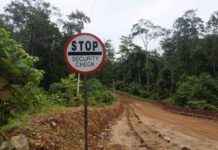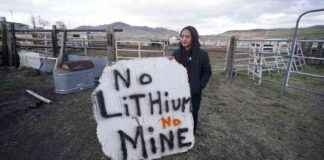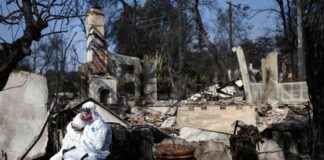Chuck Baclagon, who is the Asia regional finance campaigner for 350.org, is really making some noise about how our continent is basically on fire. And no, I’m not talking about some metaphorical fire – I mean, like, actual flames, people. We’ve got record-breaking heatwaves in Central Asia and dried-up lands in Southeast and South Asia. The climate crisis isn’t just looming in the distance; it’s already here, wreaking havoc on our communities. And let’s be real for a sec, it’s not just Mother Nature’s fault – it’s our fault for making some pretty bad decisions along the way.
So, why should we care about the Asian Development Bank (ADB) Annual General Meeting happening in Milan this week? Well, because the ADB is like a big deal when it comes to doling out development cash in Asia and the Pacific. They basically hold the power to decide whether we ditch fossil fuels or keep on chugging along with them.
The ADB has finally said “no thanks” to direct investments in coal after getting an earful from communities and advocates. But here’s the catch – they’re still cool with fossil gas, touting it as a transitional fuel. From 2016 to 2020, a whopping 96% of the bank’s fossil fuel financing went to gas projects, totaling a cool $4.7 billion. So, it’s like they’re patting themselves on the back for saying no to coal while secretly giving gas a big ol’ thumbs up.
This gas-for-coal swap isn’t just happening in some far-off land. Nope, it’s hitting close to home with places like the Philippines, where LNG terminals and gas-fired power stations are wreaking havoc on coastal communities. And let’s not forget about Bangladesh, where canceled coal projects are being replaced by gas infrastructure, leaving islanders in a lurch and the country drowning in debt. And in Indonesia, they’re talking about early coal retirement while still backing gas expansion, even if it means trampling on Indigenous lands and messing up ecosystems.
The ADB might be trying to sell us on this whole “transition” thing, but let’s call a spade a spade – gas is just as bad as coal when it comes to the climate. Methane, the main component of gas, traps way more heat than carbon dioxide, spelling out disaster for our planet in the long run.
If we wanna keep global warming in check, we gotta slash carbon emissions by 45% from 2010 levels by 2030 and hit net zero by 2050. That means leaving coal, oil, and gas in the ground – no ifs, ands, or buts about it. But it’s not just about hitting targets; it’s about reshaping how we do development so that our communities can thrive in a world reshaped by climate change.
The ADB has a big role to play in all of this. They could either help us kick our fossil fuel habit or keep us hooked. To do the former, they gotta stop backing false solutions like fossil gas, mega-dams, nuclear power, and waste-to-energy incinerators. Instead, they should put their money into decentralized, renewable, community-led energy projects like solar microgrids and wind cooperatives that put power back into the hands of the people.
Transparency is key here. The ADB needs to spill the tea on where their money is going, who’s benefiting, and what the costs are – both socially and ecologically. People deserve to know if their futures are being sold out for someone else’s profit.
And let’s talk about debt, shall we? Frontline communities shouldn’t be shouldering the burden of a crisis they didn’t create. When the ADB is funding projects in the most climate-vulnerable places, they should be handing out grants, not loans. Anything less is just perpetuating climate injustice.
At the end of the day, we need to rethink how we’re steering the energy transition in Asia. Communities aren’t just bystanders; they’re the ones who should be calling the shots. Strong community ownership isn’t just a nice-to-have – it’s a must-have if we want this transition to succeed.
So, as the ADB sits down for their big meeting this May, they’ve got a choice to make. They can either keep propping up fossil fuels or start investing in a real transformation. The clock is ticking, but hey, we still have a say in how this all plays out. Let’s build a future that’s not just about avoiding disaster, but about embracing possibility.

